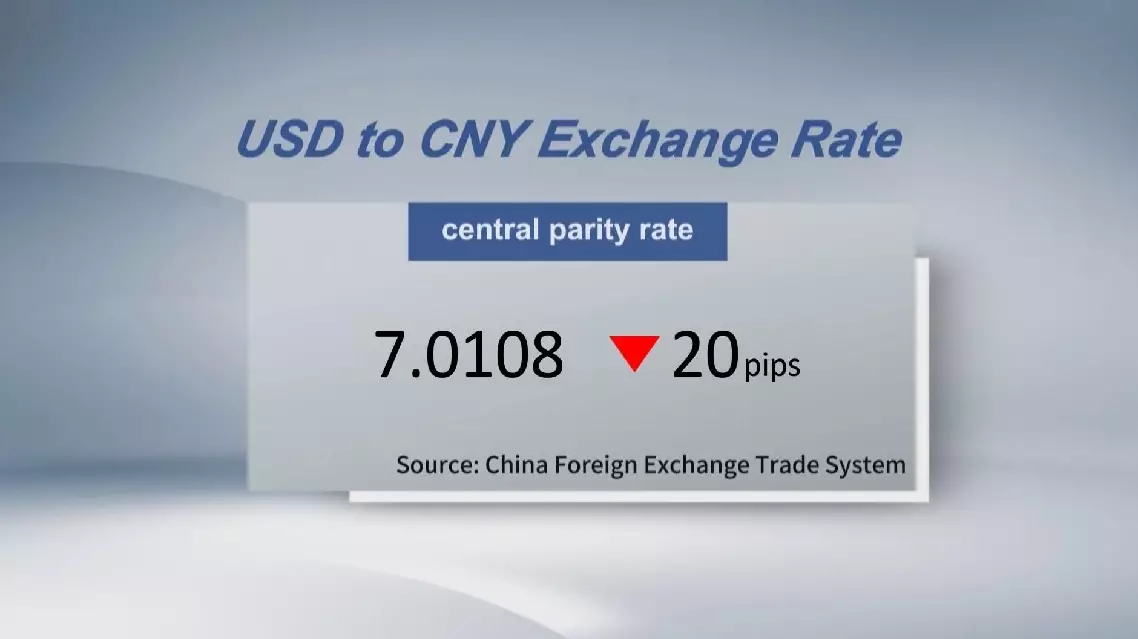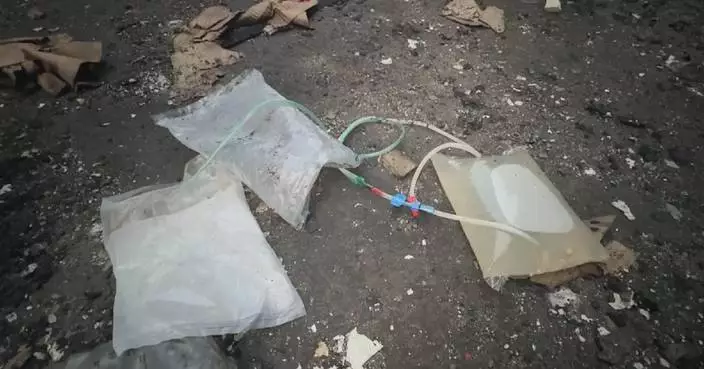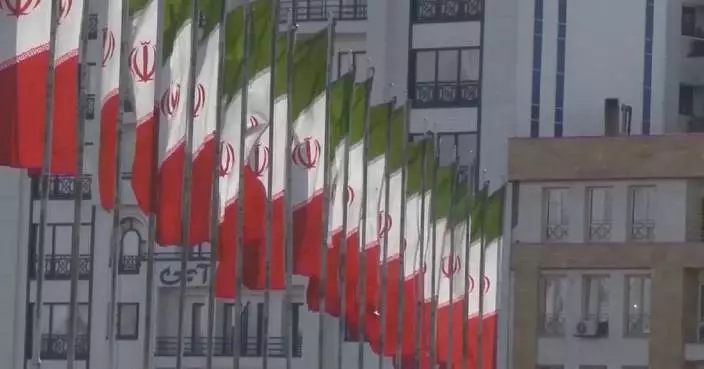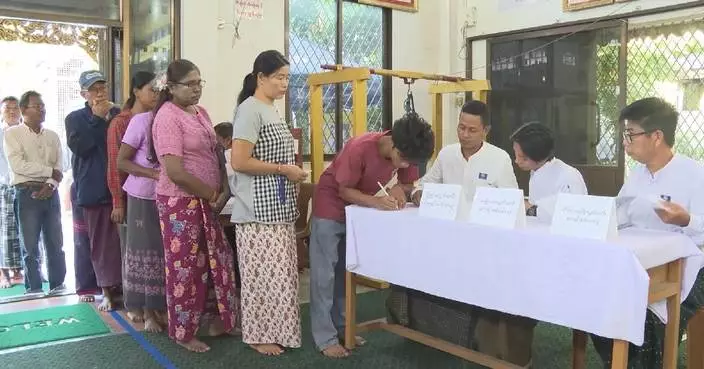Food prices in Japan remain high due to various factors, with many consumers feeling the burden and experts warning that this trend may continue in the short term.
A fresh produce supermarket in Nerima in the Tokyo Metropolis has been operating for over 30 years, offering relatively low prices. So it is visited by consumers from farther areas in addition to nearby residents.
However, due to rising food prices, the store has recently had to significantly raise the prices of certain vegetables, with cabbage seeing a particularly sharp increase.
A medium-sized cabbage like this one is priced at 298 yen (about 1.91 U.S. dollars) here, while the market price is about 350 to 400 yen (about 2.25 to 2.57 U.S. dollars). We're selling it at a relatively low price, but even so, it's nearly double the price from previous years," said Akiba Hiromichi, manager of the supermarket.
According to the manager, the steep and prolonged rise in vegetable prices has caused a ripple effect, raising the cost of other food items as well.
Many consumers have expressed frustration over the soaring prices.
"Really, the prices of cabbages, Chinese cabbages, and various other items are constantly going up. It's tough for us," said one consumer.
"What used to buy a large piece like this now only buys one of this size. It's quite expensive," shared another consumer.
In addition, Japan's rice prices have also remained high. According to the latest data from the Ministry of Agriculture, Forestry, and Fisheries, the wholesale price of new rice in December 2024 reached a record high of 24,665 yen (about 158 U.S. dollars) per 60 kilograms, 1.6 times higher than the same period of the previous year.
Experts point to abnormal weather conditions as a key factor driving the sharp rise in vegetable and rice prices.
Meanwhile, the recent yen depreciation, inflation, and rising labor costs have compounded the issue, driving up the costs of imported goods.
With multiple factors at play, experts predicted that high food prices may persist in the short term.
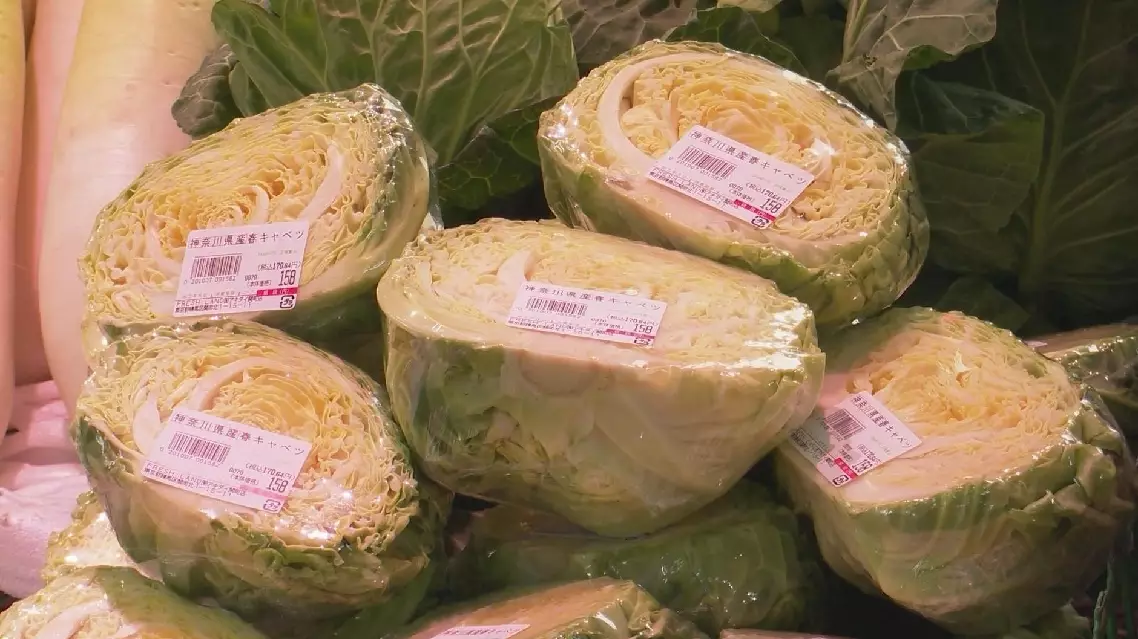
Rising food prices in Japan strain consumers
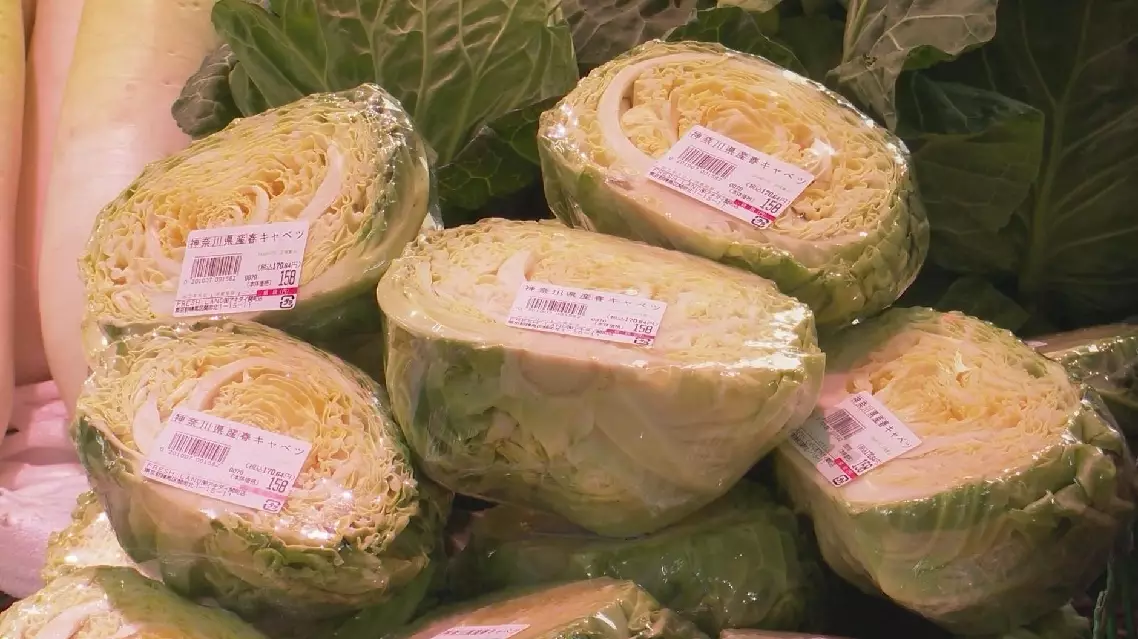
Rising food prices in Japan strain consumers


